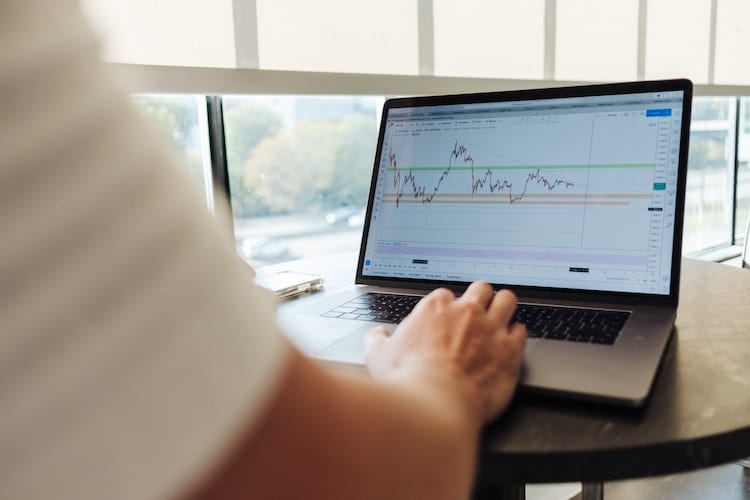Stock Splits, Why They Happen, and What They Mean

In late August, Tesla and Apple announced that they were splitting their stocks. The news sent shockwaves around Wall Street but might seem very foreign outside of the investing world. Stock splits aren’t extremely common, but they can have an impact on investors and stock prices.
Here’s what you should know about stock splits, why they occur, and what they mean.
What is a Stock Split?
All publicly-traded companies have outstanding stock, shares held by investors. Outstanding stock is a key metric for various reasons, but for our purposes, it’s only important to understand the concept. The point of a stock split is to divide those outstanding shares into fractions and cut the price accordingly. As a result, shareholders have a larger number of shares but the same value.
As an example, pretend you had 100 shares of Apple before it executed a 4-for-1 stock split. You’d end up with 400 shares, but each at a quarter of the value it was before the split. You don’t have any extra value, just more shares.
Why Do Stock Splits Happen?
While not much practically changes for investors after a stock split, there are calculated reasons for companies to pull this off. First off, the stock price is slashed in half, thirds, quarters, etc. This in turn allows more investors to buy shares. The increase in demand theoretically would drive the price up, yielding gains for investors.
In Apple’s case, the tech giant’s stock price soared to more than $500 per share after a strong 2020. After Apple split its stock, one share cost roughly $130.
It’s important to note that when a stock splits, the individual value of each share is lessened. If a company with 1 million outstanding stock splits into 4 million, every single share is worth 1/4th of what it was. While this has little impact on existing investors, new investors should be aware of the fact that the asset they’re buying isn’t as valuable as it once was.
What Happens After a Stock Split?
As outlined above, a stock split increases the numbers of outstanding stock a company has and drives down the company’s stock price. A stock split has no impact, however, on a company’s market capitalization, a common indicator of value.
The actual impacts of stock splits differ on a case-by-case basis, but companies hope to see their price increase following a split. This does not mean, of course, that investors should be chomping at the bit to buy split stocks.
The Bottom Line
A split alone impacts nothing about the value of a company, or the profitability for investors. If you do not already own stock in a company before a split, the split itself should not be what motivates you to buy. Instead, carefully research the firm and make sure you’re investing for the right reasons.
See Also: Index Funds: What They Are and Why You Should Consider Investing









